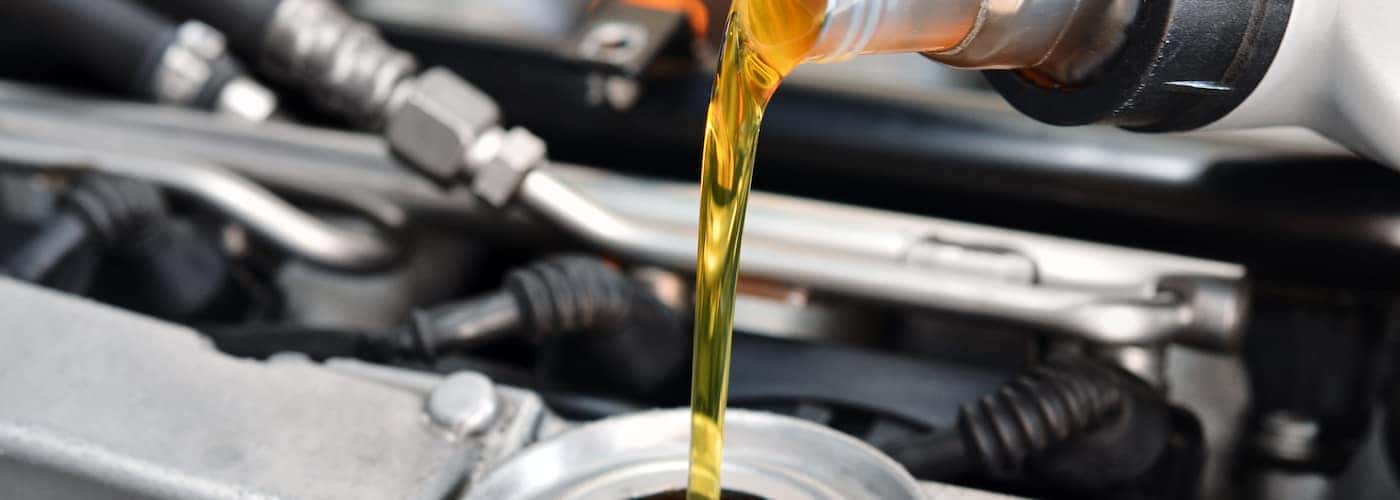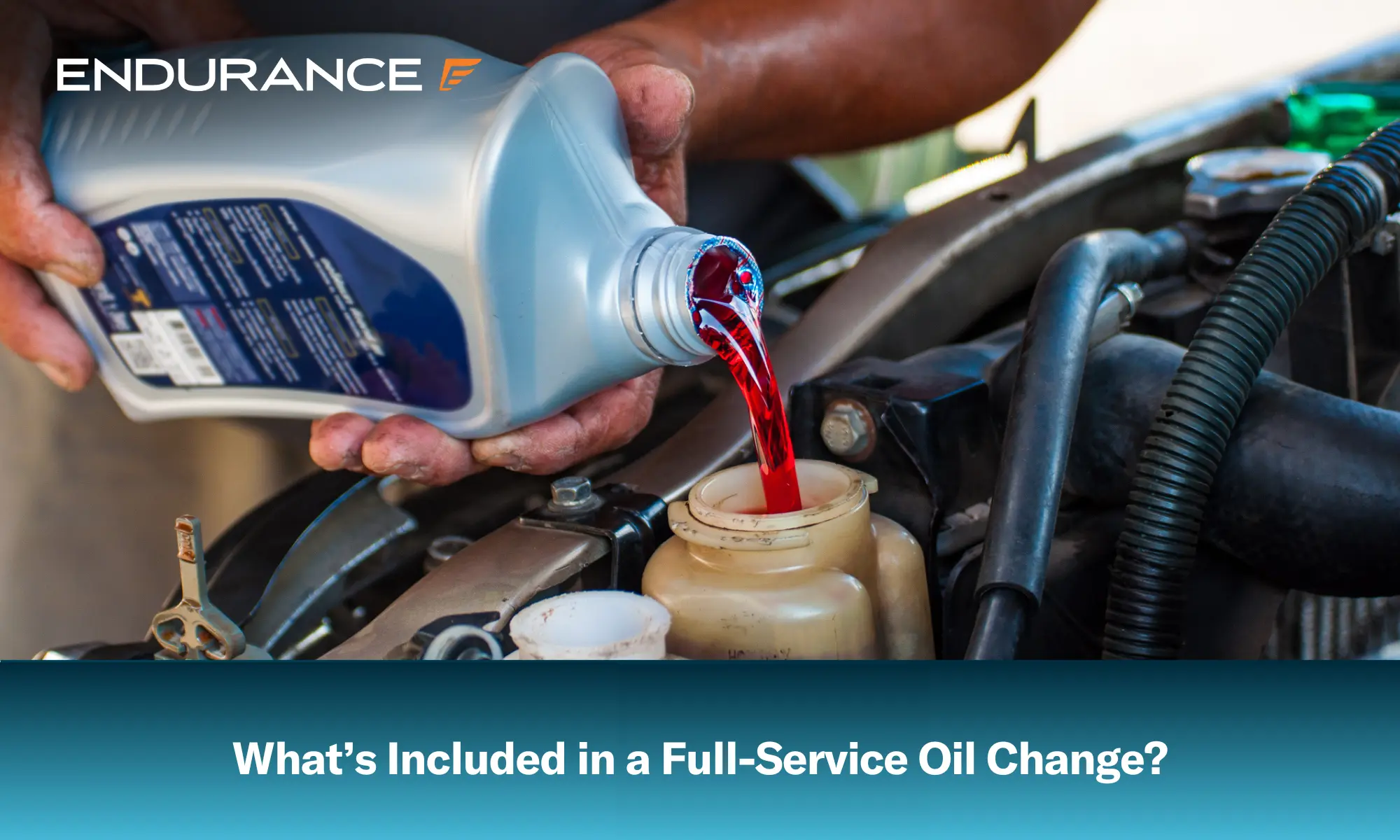Exactly How an Oil Modification Enhances Fuel Efficiency and Shields Your Cars And Truck
Routine oil modifications are an essential element of lorry maintenance that can dramatically boost fuel efficiency and guard engine stability. By replacing old, contaminated oil with high-grade options, rubbing amongst engine elements is lessened, bring about boosted operational performance and fuel consumption. Moreover, this technique aids remove dangerous deposits that contribute to engine wear over time. Comprehending the elaborate connection in between oil top quality and car performance reveals not only the immediate advantages but also the long-term implications for your automobile's life-span. The inquiry remains: what particular indicators should you recognize to determine when an oil change is necessary?
Relevance of Regular Oil Modifications
Engine oil serves as a critical lube, reducing friction in between moving components and preventing excessive wear. Neglecting oil modifications can lead to a host of issues, consisting of engine getting too hot, reduced gas performance, and ultimately, costly fixings.
In addition, regular oil adjustments contribute to optimal engine performance. Fresh oil guarantees that the engine runs efficiently, enabling better acceleration and responsiveness. This is specifically vital for lorries that go through heavy use or operate in difficult conditions. Additionally, numerous producers suggest certain intervals for oil changes, which must be complied with in order to maintain guarantee coverage and avoid potential nullifying.
How Oil Quality Affects Performance
Exactly how does oil high quality impact the general efficiency of an engine? The high quality of engine oil plays a crucial function in keeping optimum engine feature - Oil Change Lockhart. High-quality oil is developed to provide remarkable lubrication, lowering friction between moving components. This not only minimizes wear yet additionally improves the efficiency of power transfer within the engine, promoting smoother operation.
Furthermore, top quality oil consists of additives that enhance its efficiency under varying conditions. These additives can include cleaning agents, which assist to clean engine parts and protect against sludge accumulation, and anti-wear representatives, which safeguard important surface areas during high-stress situations. The thickness of the oil is likewise essential; it must continue to be stable throughout a range of temperature levels to guarantee correct flow and lubrication.
Making use of substandard or degraded oil can lead to lessened performance, resulting in raised engine wear and prospective overheating. Frequently inspecting and transforming the oil according to supplier specifications makes sure that the engine runs at its ideal, safeguarding your investment in your vehicle.

Impact on Gas Effectiveness
Top quality engine oil assists in smoother engine procedure by minimizing rubbing in Going Here between relocating parts. When the engine oil is fresh and of premium high quality, it keeps optimal viscosity, making certain that the oil moves appropriately and gets to all required components.
Conversely, broken down or low-quality oil can produce enhanced rubbing and resistance within the engine. This not just hinders performance but important link also compels the engine to function harder, resulting in higher gas consumption. Regular oil modifications aid maintain the oil's honesty, ensuring that it continues to be reliable in lubing engine components and protecting against build-up of unsafe deposits.

Stopping Engine Deterioration
Regular oil changes play a vital role in this preventive maintenance technique. Engine oil serves as a lubricant, lowering friction in between relocating components, which helps to alleviate wear.
When oil is not changed regularly, it can cause raised friction, overheating, and ultimately, engine failure. Fresh oil, on the various other hand, includes ingredients that secure engine elements from rust and wear, making sure smoother operation.
In addition to the high quality of oil, following the supplier's advised oil modification periods is important. By focusing on regular oil changes, automobile proprietors can considerably decrease the danger of engine wear, boost efficiency, and ultimately conserve on expensive repair work, therefore preserving the car's value over time.
Indicators Your Oil Demands Transforming
Routine oil changes are helpful resources not only important for avoiding engine wear yet likewise for identifying when your oil calls for substitute. Numerous indicators suggest that it may be time for an oil adjustment, and being cautious regarding these can aid preserve your automobile's efficiency.

One of one of the most usual signs is the oil adjustment light on your dashboard. Oil Change Lockhart. If this light brightens, it is a timely to examine your oil degrees and consider a modification. In addition, if you discover a dark, gritty texture when evaluating the oil on the dipstick, it suggests that the oil has come to be contaminated and is much less efficient in oiling the engine components
Unusual engine sounds, such as knocking or ticking, may likewise indicate that the oil is stopping working to execute its obligations, possibly resulting in major engine damages. If you find a burning oil odor or see oil places under your car, these could show leaks or extreme intake, requiring an instant oil modification.

Conclusion
In verdict, regular oil modifications are vital for maintaining ideal lorry efficiency and boosting gas effectiveness. Using high-quality, fresh oil lessens friction amongst engine parts, lowering energy loss and advertising smoother procedure. Prompt oil modifications avoid the buildup of dangerous impurities that add to engine wear and overheating. Abiding by manufacturer-recommended intervals not just prolongs the lifespan of the vehicle but also protects its total worth, emphasizing the importance of routine maintenance.